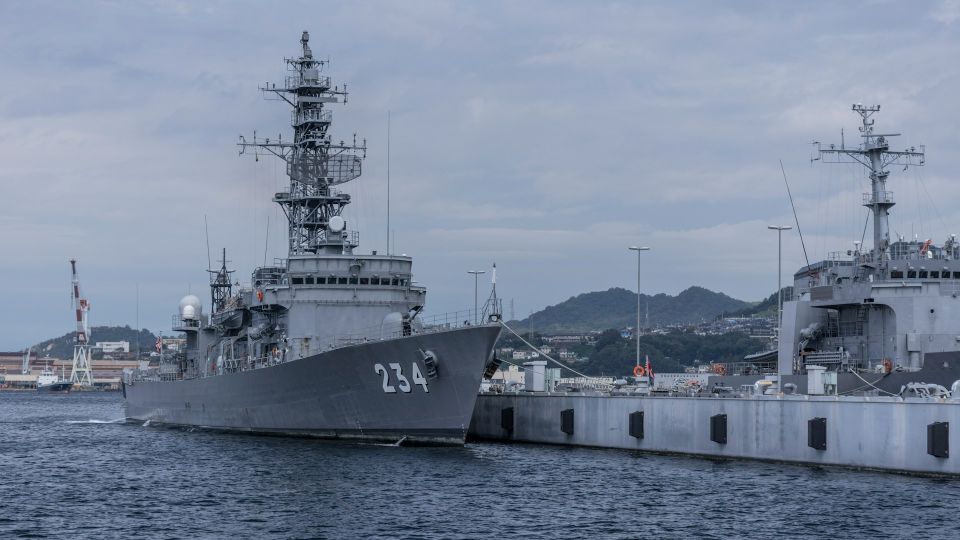June 6, 2024
JAKARTA – Alack of unity among ASEAN nations is regarded as the core stumbling block to immediately concluding the long-awaited code of conduct (COC) in the South China Sea, which had been expected to establish a guiding framework for preventing an open conflict in the troubled waters.
ASEAN Secretary-General Kao Kim Hourn revealed recently that the negotiations between the association and China would be completed by next year, but many remain doubtful.
Dafri Agussalim, the executive director of the ASEAN Studies Center at Gadjah Mada University (UGM) in Yogyakarta, told The Jakarta Post that each ASEAN member seemed to have its own vested interests in China’s economic influence, putting shared interests behind.
“I’m not too confident about the deadline. You can see that each ASEAN member has its individual interests that it puts ahead of the association’s, which eventually affects all internal negotiations. This is clear in, say, the Myanmar case as well,” Dafri said.
The Myanmar political crisis, which has now entered its third year, has put considerable pressure on ASEAN as calls for the association to broker peace have been met with lackluster results. Analysts have pointed to disagreements between ASEAN members, some of which are widely suspected of being sympathetic to Naypyidaw’s illegal junta, as being among the chief causes of the association’s perceived sluggish response.
Dafri further mentioned that ASEAN members’ participation in counter-China military exercises might also send Beijing a signal that the association was not sincere in its diplomatic negotiations.
Several ASEAN members, including Indonesia, Malaysia, the Philippines and Brunei have, for over a decade now, been involved in the Super Garuda Shield joint drills, which are military exercises captained by the United States and widely perceived as preparing for a Chinese offensive.
Beijing has in the past expressed its discomfort with these exercises, deeming them a regional “threat”.
With no light at the end of the COC negotiations tunnel, many analysts have warned that the geopolitical tension in the disputed waters will only intensify going forward.
The standoff between two claimants, the Philippines and China, has taken center stage over the past year, with Philippine President Ferdinand “Bongbong” Marcos Jr. last week warning that if Chinese aggression was to result in the death of a Philippine national, he would then consider it as “very, very close” to an “act of war”.
Manila, which has aligned its military with Beijing’s main rival, Washington, for security reasons, has on several occasions called on ASEAN to ramp up its efforts to counter China’s claims.
In early March, it again asserted that the association needed to “exercise the boldness and sense of responsibility” to uphold international law. The appeal was later answered by the ASEAN secretary-general’s commitment to complete the COC next year.
But Indonesia, the association’s largest member, which has historically played a significant role in negotiating the document, said that it was not aware of the 2025 deadline.
“In a 2023 guideline agreed upon [between] ASEAN and China, there was a mention of our aspiration to conclude COC negotiations within the next three years,” said Roy Soemirat, Foreign Ministry spokesperson, on Wednesday.
“Which means that if we were all serious in negotiating in good faith, then we will hopefully try to conclude it by 2026,” he continued.
Last year during its ASEAN chairmanship, Jakarta intensified its diplomatic efforts to expedite COC negotiations, at the time saying that “differences in opinion” between nations and the question of the security dilemma, where one party’s increased armament would prompt others to follow suit in a never-ending cycle, remained as the most challenging part in brokering an agreement.
Experts remain skeptical that negotiations of the COC have progressed much since last year. They, however, believe that ASEAN could have a better chance at brokering the COC under Malaysian and the Philippine leadership in 2025 and 2026, respectively, given their greater diplomatic prowess compared with current chair Laos.


